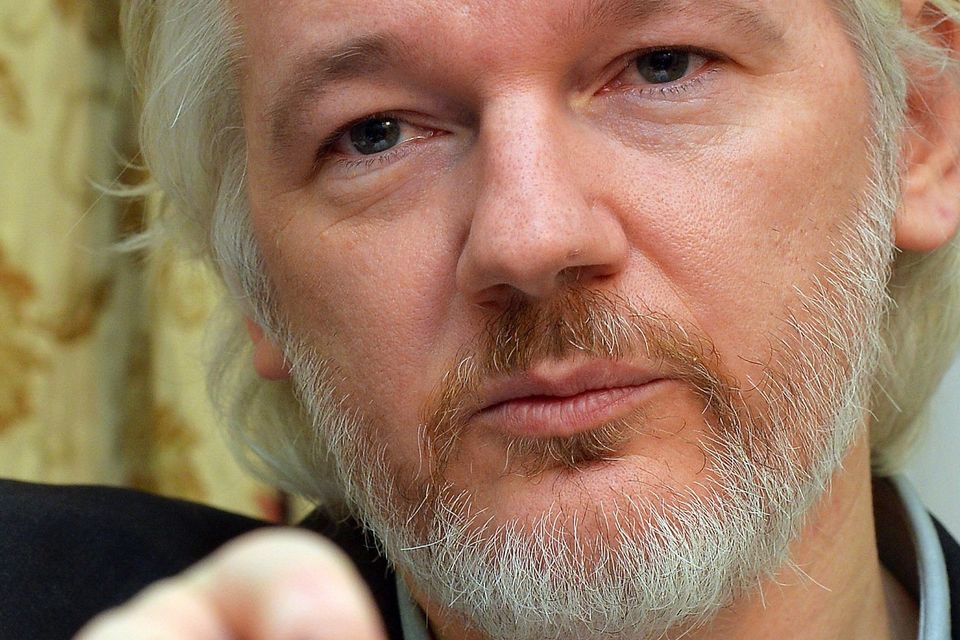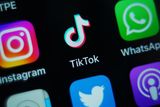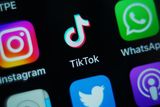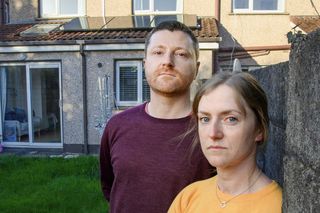WikiLeaks puts hundreds of thousands of documents from Sony hack into online archive
Julian Assange says the hacked documents belong in the public domain
Whistleblower site WikiLeaks has put hundreds of thousands of emails and documents from last year's crippling cyberattack against Sony Pictures Entertainment into a searchable online archive.
It is the latest blow for the entertainment and technology company struggling to get past the attack, which the company estimates caused millions in damage.
The website founded by Julian Assange said that its database includes more than 170,000 emails from Sony Pictures Entertainment and a subsidiary, plus more than 30,000 other documents.
Sony Pictures blasted WikiLeaks for creating the archive, saying the website was helping the hackers disseminate stolen information.
"We vehemently disagree with WikiLeaks' assertion that this material belongs in the public domain," the company said in a statement.
Sony's troubles began last December after it suffered an extensive hacking attack and release of confidential emails ahead of its release of The Interview, a comedy that centres around the assassination of North Korean leader Kim Jong Un.
A group calling itself Guardians of the Peace took credit for the attack, and US intelligence officials said the group was linked to North Korea, but no official link has been made.
The attack exposed tens of thousands of sensitive documents, including emails, a script for the next James Bond movie, unreleased versions of several other movies and other confidential documents.
The company at first shelved the film, but it subsequently opened in a limited release.
In a statement, Mr Assange said the documents should be available to the public. Although they were available online it was in a compressed format that was not easily searchable.
"This archive shows the inner workings of an influential multinational corporation," Mr Assange said.
"It is newsworthy and at the centre of a geo-political conflict. It belongs in the public domain. WikiLeaks will ensure it stays there."
Join the Irish Independent WhatsApp channel
Stay up to date with all the latest news















